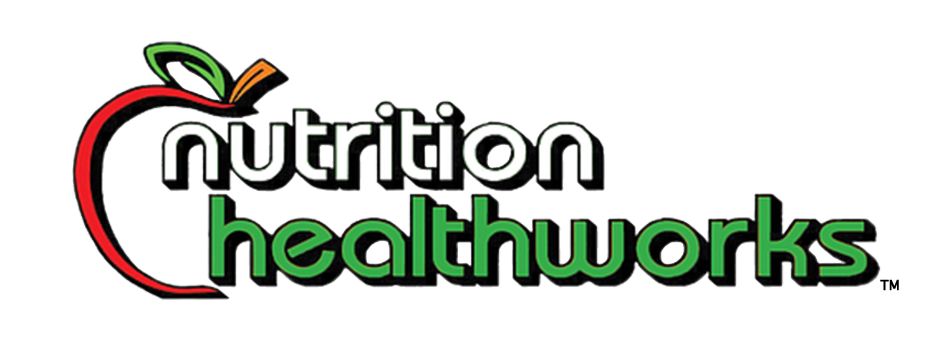
Every Registered Dietitian is a Nutritionist, but Not Every Nutritionist is a Registered Dietitian.
Often, people get confused as they uncover terms such as nutritionist and nutrition coach/counselor. While “nutritionist” and “dietitian” are often used interchangeably, the terms are not the same. Do you want to lose or gain weight? Do you need help managing your diabetes and high blood pressure? Do you have a child with a food allergy? These are just a few of the reasons people seek the expert, science-based advice of a registered dietitian nutritionist (RDN). A registered dietitian (RD) is always a nutritionist and here is why:
All RDN’s have met academic AND professional requirements to earn and maintain their credentials
 Within the U.S., all states accept the RDN credential for licensing purposes to practice. RDN’s must complete the following education/qualifications:
Within the U.S., all states accept the RDN credential for licensing purposes to practice. RDN’s must complete the following education/qualifications:
- Get a 4-year degree which includes a specially designed, accredited nutrition curriculum
- Complete an extensive supervised program of practice at a health care facility, foodservice organization and/or community agency (6-12 months)
- Pass a rigorous, national examination
- Maintain continuing education throughout their career
Certain states don’t regulate the term nutritionist. Therefore, no degrees or credentials are required. Many non-licensed or non-certified individuals can practice as nutritionists simply by applying their interest in nutrition to anything from running a food blog to working with clients. In states that do mandate licensure to be called a nutritionist, the CNS (Certified Nutrition Specialist) credential may be required. Those with these credentials are health professionals with advanced health degrees who have sought out additional coursework, completed supervised practice hours, and passed an exam overseen by the Board for Certification of Nutrition Specialists.
All RDN’s can provide medical nutritional therapy (MNT) !
 Many RDN’s work in the treatment and prevention of diseases such as diabetes and hypertension by providing MNT. The RDN acts as part of a medical team in practice settings such as hospitals, physician offices, and private practice. An added bonus is that MNT is often covered by a variety of insurance plans. MNT provided by an RDN includes a review of your eating habits and lifestyle, thorough assessment of your nutritional status, and a personalized nutrition treatment plan.
Many RDN’s work in the treatment and prevention of diseases such as diabetes and hypertension by providing MNT. The RDN acts as part of a medical team in practice settings such as hospitals, physician offices, and private practice. An added bonus is that MNT is often covered by a variety of insurance plans. MNT provided by an RDN includes a review of your eating habits and lifestyle, thorough assessment of your nutritional status, and a personalized nutrition treatment plan.
The only nutritionists who have the authority to practice medical nutrition therapy and other aspects of nutrition care are those who receive their CNS certifications. Generally, a nutritionist or CNS consultation is not covered by insurance and will be private pay.
The bottom line is, for sound nutrition advice, seek the guidance of a nutrition professional such as an RDN or CNS. Go to Nutritionhealthworks.com to see a complete list of our team!
The requirements to become a professional nutritionist varies by state. Before consulting a nutritionist, you may want to check whether your state regulates who may use this title. Use this link to see what your states regulations are.
